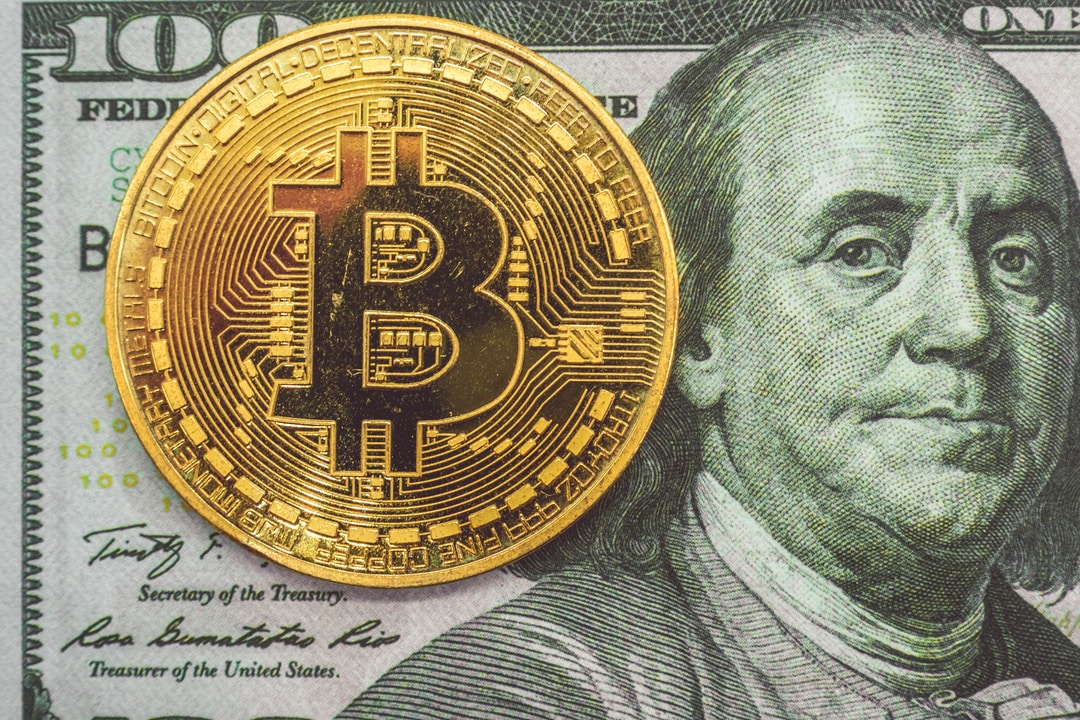To understand the best qualities of a crypto friendly bank, you need to have some understanding of the history of Bitcoin and other cryptocurrencies. Once you know that, you can focus on other factors such as security, ease of use, rewards, and more.
History
Bitcoin was founded in 2009 to be an alternative to traditional fiat currencies in direct response to the 2008 financial crisis and as a rebellion against the U.S.. government and financial system in general, and specifically traditional banks and financial institutions that had engaged in over-speculative investment banking. Through blockchain technology, Bitcoin transactions can be recorded in a ledger without the assistance of any government banking services. In addition, there are only supposed to be a maximum of 21 million Bitcoins ever. This creates scarcity and value and makes Bitcoin a great hedge against the inflation of the U.S. dollar and other traditional fiat currencies.
Because banking as we know it is built on traditional fiat currencies (USD, EUR, GBP, and the like), it was natural for traditional banks to not accept Bitcoin and see that its existence and that of other cryptocurrencies was a rebellion against their existence. It is important to understand, however, that banks are financial institutions, not people. People were the ones who made the decisions that caused the crisis in 2008 and people were the ones who were resistant to Bitcoin. The people who were running traditional banks back then are not necessarily the same people in charge now in 2021. Furthermore, the great thing about people is that they can learn from their mistakes, so hostile banks can turn into friendly banks.
As Bitcoin (BTC) took off, many other services took off as well, such as cryptocurrency exchanges, crypto friendly banks, crypto companies, crypto businesses and crypto-related businesses. Other major cryptocurrencies also appeared on the scene in the form of Bitcoin Cash, Ethereum, Ripple and Litecoin. Unfortunately, not all of this growth was good for the world. Features of the dark web like The Silk Road used Bitcoin and other cryptos to deal in drugs, weapons and other illegal items. In 2014, Mt. Gox, by far the biggest Bitcoin and cryptocurrency exchange at the time, had to declare bankruptcy due to the massive theft of its Bitcoin and other digital assets, due to hackers. Fiat currency, despite its drawbacks, has FDIC protection when held within a U.S. bank account. Bitcoin and other cryptos do not have FDIC protection and many investors lost their Bitcoins and other digital assets and that created the need for stricter regulation of all cryptocurrency exchanges within the United States, especially within New York State, where a BitLicense is now required to operate.
What we can learn from this is that the best crypto friendly bank is a bank that has the open-mindedness of a cryptocurrency exchange and the security, ease of use and rewards of an established financial institution with a banking license.
Security
Traditional banks that accept Bitcoin include: Ally Bank, USAA, Simple Bank and Goldman Sachs. Revolut is FDIC insured. While J.P. Morgan chase does not currently accept Bitcoin, it has accounts with Coinbase and Gemini and has its own stablecoin, JPM Coin, pegged 1:1 with the US dollar. J.P. Morgan Chase also says that Bitcoin may reach a ratio of 130,000 USD to 1 BTC.
Ease of Use

For ease of use, Cash App, Robinhood, Wealthsimple Crypto and PayPal all receive high marks, but not all of them technically qualify as banks. Robinhood is, however, a fully regulated financial institution within the United States and supports the following digital currencies: BTC, ETH, LTC, BCH, DOGE, ETC, BSV. Credit card companies like Visa will soon be settling transactions with cryptocurrencies, allowing credit cards and debit cards to trade cryptocurrencies and honor cryptocurrency purchases.
Rewards
One of the advantages of having fiat currency in a bank account is that the traditional bank pays you interest. On platforms like BlockFi, you can store crypto currencies like Litecoin (LTC) and earn up to 8.6% interest per year as a form of passive income. For those who want low fees, Robinhood is one of the best options.
At the end of the day, crypto exchanges are not banks, and your ability to store your profits, whether as fiat or digital assets, is vital to your wealth management strategy. Any serious investor should do his or her due diligence when searching for a crypto friendly bank that meets individual needs.
